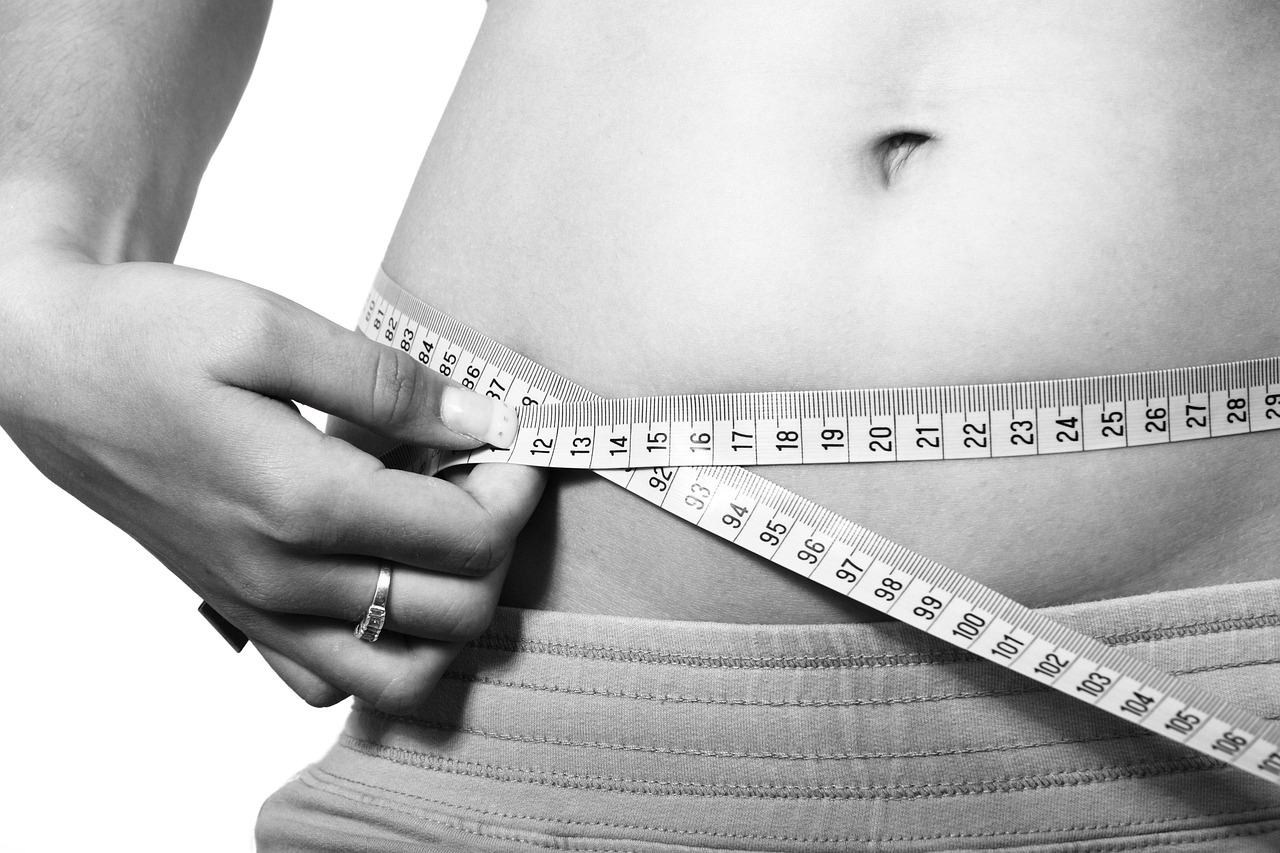Too Much Alcohol Damages the Heart, even in young and healthy people
The different types of arrhythmias represent heart rhythm disorders, and they are caused by disturbances in the generation, that is, the conduction of the electrical impulse responsible for the work of the heart and can occur when an individual consumes an excessive amount of alcohol, according to German scientific researchers, reports “HINA”…
They studied the behavior of 200 young men and women who regularly went out and drank two to three alcoholic drinks. All of them had a peak blood alcohol level of 2.5 per thousand at the time of the survey, meaning they felt disoriented, doctors said.
Scientists checked their heart rate before, during, and after consuming alcohol. While the research participants drank alcohol, their heart rate gradually increased, and in some cases exceeded 100 beats per minute.
According to the British National Health Service (NHS), a regular and normal heart rate should be between 60 and 100 beats per minute at rest.
Five percent of subjects experienced worrisome arrhythmias, most of which occurred after they stopped drinking alcohol. And while Oktoberfest, a festival dedicated to beer, is held in Germany, experts remind that alcohol can seriously affect the work of the heart.

“As cardiologists, we have to say that this research provides further evidence of the negative effect of acute excessive alcohol consumption on human health,” says Moritz Siner, a cardiologist from Munich and co-author of the research published in the “European Heart Journal”.
Scientists say the long-term consequences of alcohol-induced arrhythmias on heart health are unknown.
However, according to research conducted several years ago by experts from the Center for Heart and Vascular Diseases at the University of Hamburg, even regular consumption of small amounts of alcohol can result in a heart arrhythmia called atrial fibrillation.
It is characterized by a chaotic flow of electrical impulses that cause a rapid and uncoordinated heartbeat. It can be temporary and start and stop on its own, but some episodes may not go away if left untreated. It is associated with stroke.
There are many types of heart rhythm disorders. In general, cardiac arrhythmias are grouped according to the rate of heartbeats per minute. Tachycardia is a fast heartbeat, meaning more than 100 beats per minute, and bradycardia is a slow heartbeat or less than 60 beats per minute.














Post Comment